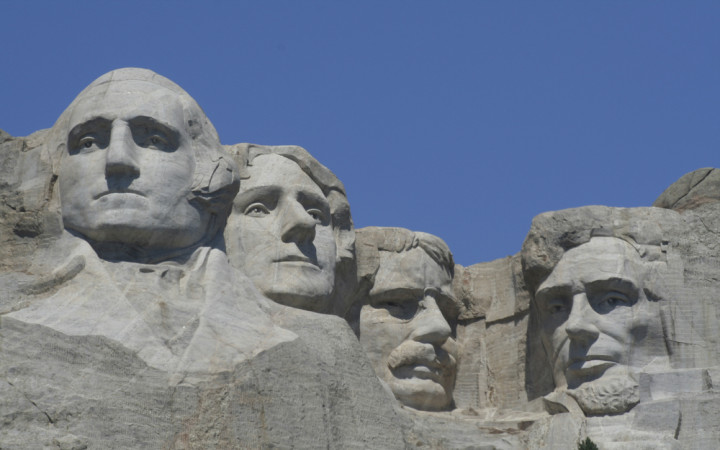It's the third Monday in February, which means… it's Presidents' Day! Right? Well, not exactly.
In truth, this federal holiday is technically known as Washington's Birthday in honor of our first president and “Father of Our Country," George Washington. So why then does everyone call this day "Presidents' Day"?
Washington's Birthday was the first federal holiday to honor an American citizen. As such, it was originally celebrated on George Washington's actual birthday, February 22.
In 1971, however, the Uniform Monday Holiday Act shifted Washington's Birthday from February 22 to the floating date of the third Monday in February. Oddly enough, the third Monday in February places Washington's Birthday somewhere between February 15 and 21 each year — but never again on his actual birthday of February 22!
Various groups have attempted to establish an official Presidents' Day to honor all American presidents. Although an early draft of the Uniform Monday Holiday Act renamed the holiday Presidents' Day to honor both George Washington and Abraham Lincoln, the final bill as passed retained the name Washington's Birthday.
Today's widespread usage of the name Presidents' Day stems from a couple of sources. One of the primary reasons is that state and federal holiday schedules often differ.
Although the official federal holiday is Washington's Birthday, many states celebrate Washington's birthday, Lincoln's birthday or a combination of the two known as Presidents' Day.
Presidents' Day can also be traced back to a push by retailers and advertisers in the 1980s. Today, this February holiday has become known for being a day in which many stores, especially car dealers, have big sales.
Because Presidents' Day isn't the official name of the holiday, you'll notice different spellings from time to time. Both “Presidents Day" and “Presidents' Day" are considered correct.
While many think “President's Day" is a misspelling (and it is if used in the context of celebrating more than one person), it could be seen as proper if used as a substitution for "Washington's Birthday" or in the context of honoring the office of the presidency.




